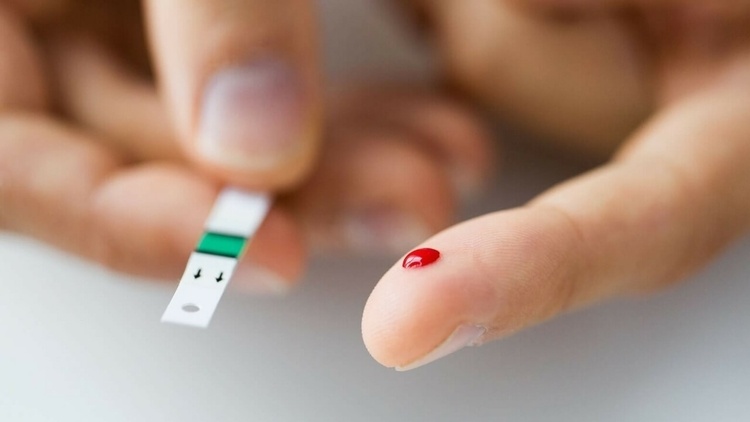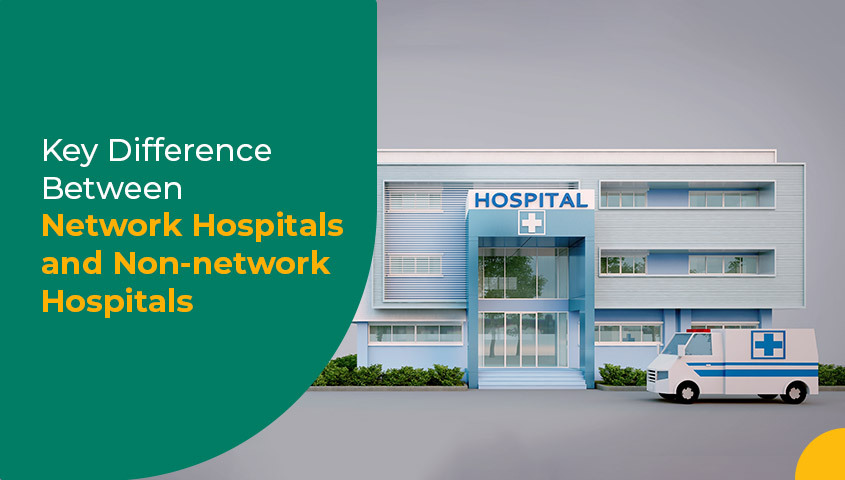
~~Hope you have not done the same mistake as her. ~~
Diabetes is one of the most common diseases globally and specially in India. About 44 lakh people in India between ages 20 and 79 are not even aware that they are Diabetes affected. Quite contrary to the belief, rural Indians are more affected with diabetes than urban Indians. Now, the diabetes count in India is close to 62 million. By 2030 India is expected to cross the 100 million mark of diabetes-affected people! In fact, nearly 52% of Indians have a tendency of high blood sugar. They are not even aware of the health precautions and the possible preventions and insurance.
Cause for Diabetes.
Diabetes is a metabolic disorder where the blood sugar levels get high. Blood sugar levels in the body are controlled by insulin produced by the pancreas .When there is an inadequate production of insulin it is called Type 1 Diabetes. This generally happens at a young age and needs regular insulin injections.
When body becomes insulin resistant or insulin is not working the way it should then the glucose does not reach the cells. It then remains in the blood leading to high blood sugar levels, causing diabetes. This is Type 2 Diabetes and can be treated with medication and lifestyle changes.
Diabetes is also a hereditary disease.90% of diabetes affected Indians have Type 2 Diabetes. This type of diabetes is more common with the middle-aged and older people.
The rising expenditure on Health Care for Diabetes.
Due to the rising epidemic of Type 2 diabetes, the Indian Government has also started various health programmes. However, in 2010, only 19% of the entire population was covered under the Government scheme of health care.
The World Bank data of 2014 says that 89.2% of India’s expenses on health care are out-of-pocket. Thus it is not covered by insurance. About 70% of Indians spend their entire lifetime’s income only on medical treatment due to the rising medical expenditure.
Costs involved in taking care of a diabetic is very high. A lower middle-class family in India spends more than 20% to of the family’s annual household income in taking care of the diabetic in the family. Taking care would mean treatment, medicines and other expenditure. If the family has a diabetic child, it spends about 35% of the income in the treatment of the diabetic, besides the stress involved.
The average monthly expenses for diabetic ranges from Rs 3000 to Rs 8000 per month. This includes diagnostic charges for regular tests, doctor fees and cost of insulin dosage. The average cost for an insulin dependent diabetic is about Rs 6000 per month. If insulin is not required, the average monthly costs are around Rs 3000.
Precautions.
As revealed from ASSOCHAM findings, diabetes among men has increased by 25 per cent while up to 42% among women in India.The Government is also quite alarmed and is taking very serious health care steps as the World Health Organization has predicted a figure as high as 80.9 million diabetics in India by 2030! It, however, focuses towards the lower strata of the society.
Thus, for regular citizens like you and me, the burden of additional health care for the diabetic is entirely upon us. We need to take health precautions, medications and insurance for our own benefit.
Shilpa, a friend of mine, diabetic for the last 5 years inspired me to write this article. She had been diagnosed with fasting blood sugar of 143 mg/DL and post-prandial blood sugar of 220 mg/DL about 5 years ago. This is a case of Type 2 Diabetes wherein she could have controlled the same with medicines and healthy living. However, she did not really take care of herself at all. And, now she needs to take insulin dosages every day, twice daily! And yes, she has no insurance.
Scare, but yes if you look around there are quite a few who have similar stories to narrate. I would strongly suggest each of you to start exercising today. Focus on healthy living. Eat more fruits and vegetables in your diet and less of proteins and carbohydrates. Lower your alcohol and introduce at least 20-minute walk in your daily life. It would spare you the horror of undergoing what Shilpa has been for the last 5 years.
Insurance Plans for the Diabetic.
Here are some of the health insurance plans that have been especially designed for the diabetic.

** Pre-diabetes – IFG is impaired fasting glucose i.e 100 to 125 mg/dL in Fasting Blood Sugar Test and IGT is impaired glucose tolerance i.e 140 to 199 mg/dL in Post-meal Blood Sugar test.Star Health Diabetes Safe Plan is a comprehensive health insurance plan while Apollo Munich Energy Health Plan is a disease-specific plan for diabetics.
However, ICICI Prudential Diabetes Care is a critical illness plan for the diabetics wherein on diagnosis of any of the listed 7 critical illnesses, the policy pays the entire sum assured and the policy terminates.
The premiums for the above mentioned plans are listed below for a 45 year old opting for a Rs 3 Lacs cover.
- Star Health Diabetes Safe Plan A has a premium of Rs 11,590.
- Apollo Munich Energy Silver Plan has a premium of Rs 11,707 without co-pay and Rs 9,493 with 20% co-pay while
- The Critical illness plan from ICICI Prudential, Diabetes Care Active has a premium of Rs 14,319.
So, you only spend on a premium of Rs 12,000 to Rs 14,000 per annum. Alongside you get income tax benefit U/S 80D till Rs 25,000 per annum of premium payment. You also get a minimum of Rs 3 lacs coverage every year. This also includes wellness programmes like an annual medical check-up. The annual medical check-up includes blood sugar test along with
- Blood pressure check-up.
- Regular diet charts.
- Regular exercise charts.
- Lipid profile test.
- ECG
- Routine urine test.
- Serum creatinine.
As well as doctor’s consultation.
I have suggested Shilpa not to look beyond and think anymore, but just choose the best health plan which she feels like and then take it as soon as possible. Alongside, I have suggested her to start yoga and 20 minutes of brisk walking with low oil diet if she really cares for herself and her family. And, if you happen to be like Shilpa, need I say more?
Read also What is insurance and how does it works?
Read also An anatomy of an health insurance plan
Read about Dejargonizing health insurance terms
































